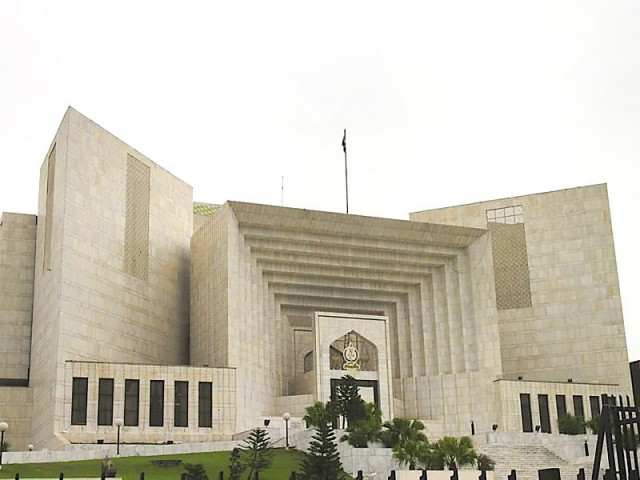Justice and politics
An acknowledged dysfunctional government is being relentlessly pursued by an acknowledged independent judiciary.

Another three-member bench of the court, headed by Chief Justice Iftikhar Muhammad Chaudhry, is hearing the scandalous chemical quota allotment case in which the Anti-Narcotics Force has formally named the prime minister’s son Ali Musa Gilani an accused in its investigation report on the illegal allocation of import quotas for a controlled drug. Of course, the prime minister’s son has not helped his case because he did not return to Pakistan to attend a court hearing on April 20 and his lawyer has now sought more time. One can also talk about Memogate exposing President Asif Ali Zardari and other relevant persons to the charge of treason. Counting the encounters between the judiciary and the executive in the past months, one can say that an acknowledged dysfunctional government is being relentlessly pursued by an acknowledged independent judiciary.
One will be remiss if one ignored some other aspects — which have nothing to do with the judiciary — that serve as a negative accompaniment to the process. The opposition, led by the PML-N, seems to be in the mood to get rid of the government, come what may, and is drumming up its own campaign of character assassination and abuse over the media. This has polarised the viewing public and obscured the correctness of the even-handedness of the judges trying their best to maintain impartiality. Since most of the media is opposed to the government in its role as a conscientious ‘adversary’, the impression overwhelmingly is that the people of Pakistan are already decided about how the court should find. Those who vote for the PPP and its allies are listening to Prime Minister Gilani openly challenging the court’s impartiality. This is what is called ‘politicisation’ of the judicial process. And it is poison for an independent court trying to concentrate hard on the merits of the cases it is hearing. On top of it all, there is the morally unclear understanding of the appearance of the army being, once again, at cross-purposes with the elected government, as it was understood by most non-professional observers during the unfolding of Memogate. The court conducted itself with utmost caution, but the latest stance of the army reminded the partisans of the PPP — and those who condemn the military’s interference in governance — of the past when the party’s leaders were persecuted by military rule.
That the Memogate case became politicised was bad enough; but the way it unfolded inside the judicial commission — mostly because of the antics of the principal prosecution witness Mansoor Ijaz — has further given excuse to the critics of the Court to raise procedural objections. The roughest criticism to-date is based on the partisan observation that once again the apex judiciary, the army and the opposition, find themselves on the same page as they make ready to get rid of an elected government. Most unjustified is the charge that, far from being ‘independent’, the apex Court has slipped back into its menial role vis-à-vis the army. Instead of praising the judges for having agreed to hear the infamous Asghar Khan Case against a former army chief and ex-ISI boss, the difficulties of prosecuting and punishing two retired generals are not being appreciated.
Prime Minister Gilani, much encouraged by the aggressive stance the PPP took at Garhi Khuda Baksh recently, is openly accusing the judiciary of interfering in the constitutional functioning of the executive. The cases against him are consequently politicised. Renowned judges of the past, advising avoidance of partisan issues, have warned against this distortion of justice through politics.
Published in The Express Tribune, April 21st, 2012.














COMMENTS
Comments are moderated and generally will be posted if they are on-topic and not abusive.
For more information, please see our Comments FAQ